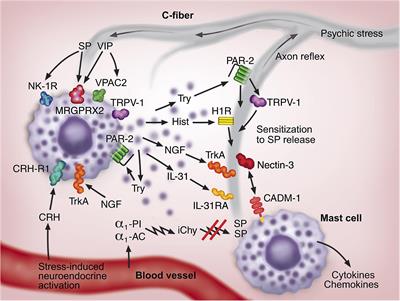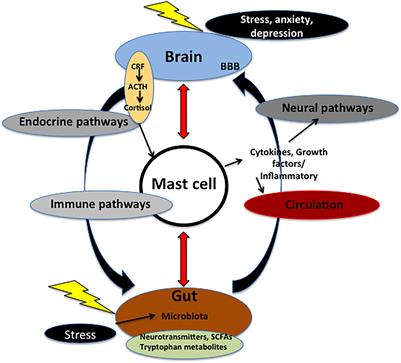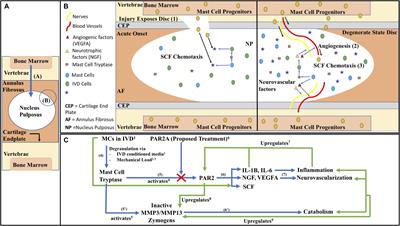EDITORIAL
Published on 03 Dec 2019
Editorial: Mast Cells in Itch, Pain and Neuro-Inflammation

doi 10.3389/fncel.2019.00521
- 3,646 views
- 9 citations
42k
Total downloads
260k
Total views and downloads
Select the journal/section where you want your idea to be submitted:
EDITORIAL
Published on 03 Dec 2019

REVIEW
Published on 18 Sep 2019

REVIEW
Published on 02 Aug 2019

REVIEW
Published on 30 Jul 2019

ORIGINAL RESEARCH
Published on 05 Jul 2019

ORIGINAL RESEARCH
Published on 18 Jun 2019

BRIEF RESEARCH REPORT
Published on 10 May 2019

ORIGINAL RESEARCH
Published on 08 May 2019

ORIGINAL RESEARCH
Published on 03 May 2019

MINI REVIEW
Published on 30 Apr 2019

REVIEW
Published on 05 Apr 2019

HYPOTHESIS AND THEORY
Published on 03 Apr 2019

